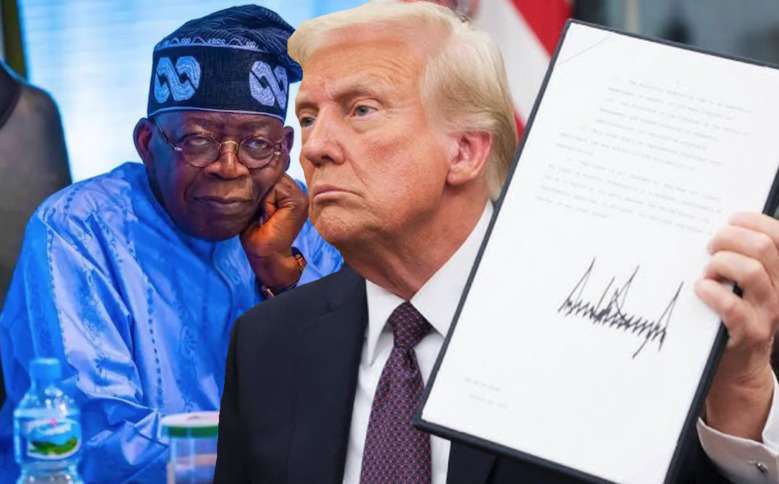The World Bank has expressed deep concern that despite Nigeria’s ongoing economic reforms and signs of macroeconomic stability, about 139 million Nigerians are now trapped in poverty. The institution warned that the country risks losing its reform momentum if these gains fail to improve the living conditions of ordinary citizens.
World Bank Country Director for Nigeria, Mathew Verghis, disclosed this in Abuja on Wednesday during the launch of the October 2025 Nigeria Development Update (NDU).

Speaking at his first NDU launch since assuming office three months ago, Verghis commended Nigeria’s bold reforms in the exchange rate and petroleum subsidy regimes, describing them as “foundational” moves capable of reshaping the country’s long-term economic outlook.
“Over the last two years, Nigeria has commendably implemented bold reforms, notably around the exchange rate and the petrol subsidy. These are the foundations on which the country has the opportunity to build a programme that can transform its economic trajectory,” he stated.
Drawing parallels with the transformative reforms of India in the early 1990s, Verghis stressed that Nigeria must seize this “rare policy window” or risk losing it. He noted that the reforms are already producing visible results with growth improving, government revenues rising, debt indicators strengthening, foreign reserves recovering, and inflation beginning to ease.
“These results are exactly what you need to see in a stabilisation phase. These are big achievements, and many countries would envy them,” he added.
However, the World Bank chief cautioned that the progress has yet to impact citizens’ welfare. Despite stabilisation gains, many Nigerian households continue to face eroded purchasing power and worsening living standards.
According to Verghis, the poverty rate has continued to climb since 2019 due to policy missteps and external shocks such as the COVID-19 pandemic, rising from 87 million people in 2023 to 129 million in April 2025, and now 139 million as of the latest data.






